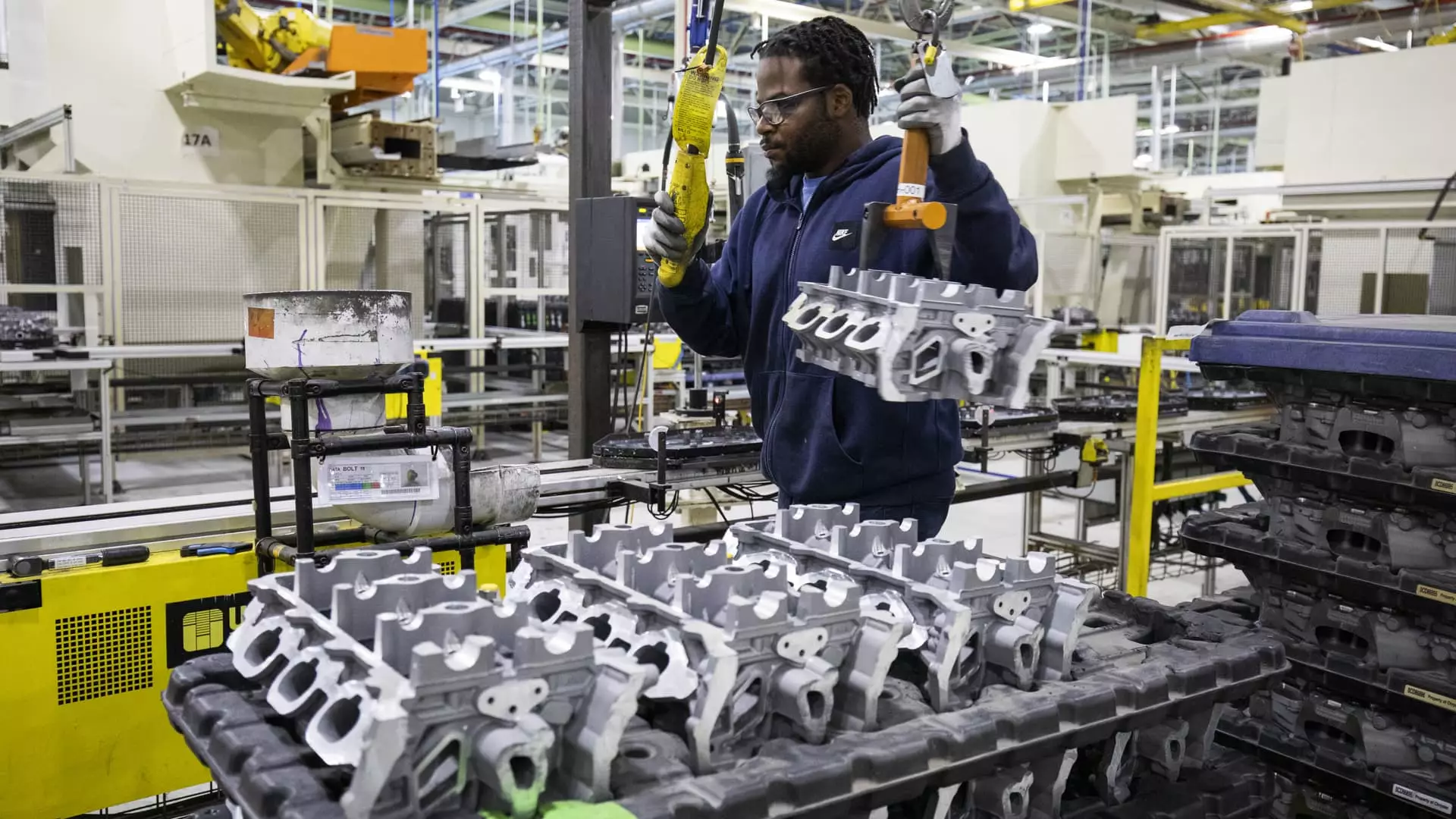As the U.S. automotive industry stands on the brink of chaos, an unprecedented coalition of top policy organizations is launching a bold defense against looming tariffs proposed by the Trump administration. With a staggering 25% levy on auto parts set to kick in, these six influential groups band together to implore lawmakers to reconsider the implications of such economic mismanagement. Historically, the automotive sector has operated like ships in a vast ocean—each entity navigating independently. But in the face of possible doom, they have realized that unity is their only salvation. The stakes have never been higher, as the entire auto supply chain yearns for relief from what could be calamitous hikes in production costs.
The Threat to American Jobs
The stark reality outlined in a recent letter to government officials should ignite alarm across all corners of the nation. The signatories—a diverse yet united front that includes the likes of the Alliance for Automotive Innovation and the National Automobile Dealers Association—explicitly warn that many suppliers are already “in distress.” The impending tariffs act as a financial guillotine, threatening to sever the lifelines of countless vulnerable businesses. What’s at stake here goes beyond mere numbers; an entire ecosystem of American jobs hangs in the balance. The prospect of production stoppages, layoffs, and bankruptcies is not just a fear-mongering statement but a very real possibility that resonates across communities reliant on these industries for economic stability.
The letter serves as a grim reminder of the fragility that characterizes today’s auto sector. With a single supplier’s failure capable of triggering a domino effect, the looming tariffs pose a threat that transcends a mere financial transaction—they represent a risk to millions of livelihoods anchored in what has been the cornerstone of American manufacturing.
Trump’s Erratic Economy: Will He Play Nice?
President Trump’s contradictory statements about the tariffs reveal a level of political ambivalence that does not inspire confidence. While he has voiced a willingness to reconsider the levies for certain automotive players, the reality is that hope for a thoughtful compromise must replace the reckless instincts characterized by his administration’s economic stance. Only weeks after a promise of relief for sectors impacted by the tariffs, anticipation of severe repercussions looms. This shows an inherent lack of consistent economic strategy—one that fluctuates unpredictably and leaves the automotive sector teetering.
Moreover, the president’s vague assurances that he is “looking for something to help” reveal a profound misunderstanding of how global supply chains operate. Making promises without a coherent plan is not just ineffective; it risks exacerbating an existing crisis. Executives and industry experts agree that any tariff-related disruption will not just merely inconvenience major auto manufacturers; it has far-reaching ramifications that could cripple entire supply networks and increase prices for consumers.
Rising Costs: The Ripple Effect
Beneath the surface lies an intricate web of economic consequences that threatens to simmer to a boil. Analysts warn of potentially catastrophic consequences, including a dip in vehicle sales amounting to millions of units and estimated excess costs exceeding $100 billion across the automotive landscape. Higher prices, fewer choices, and diminished production capacity are not abstract outcomes but tangible realities that American families will confront. An environment characterized by escalating vehicle prices will squeeze middle-class budgets even further, making the bitter pill of economic reality that much harder to swallow.
The need for more localized manufacturing and supply sources is a sentiment shared by many, yet the simplistic idea that these networks can be restructured overnight is dangerously naive. The assertion that transitioning from global suppliers to domestic ones can be accomplished in a matter of months downplays the complexity of the automotive production ecosystem and leaves American workers at the mercy of poor policy decisions.
In an age where economic interdependence should be viewed as a strategic asset, reverting to isolationist policies is a recipe for disaster. The automotive industry is too significant to allow fluctuations in policy to dictate its fate. A coherent strategy is essential, one that balances economic growth with protective measures—an approach that focuses not just on the short-term gains of tariff imposition but on the long-term health of an industry vital to America’s economic fabric.



Leave a Reply